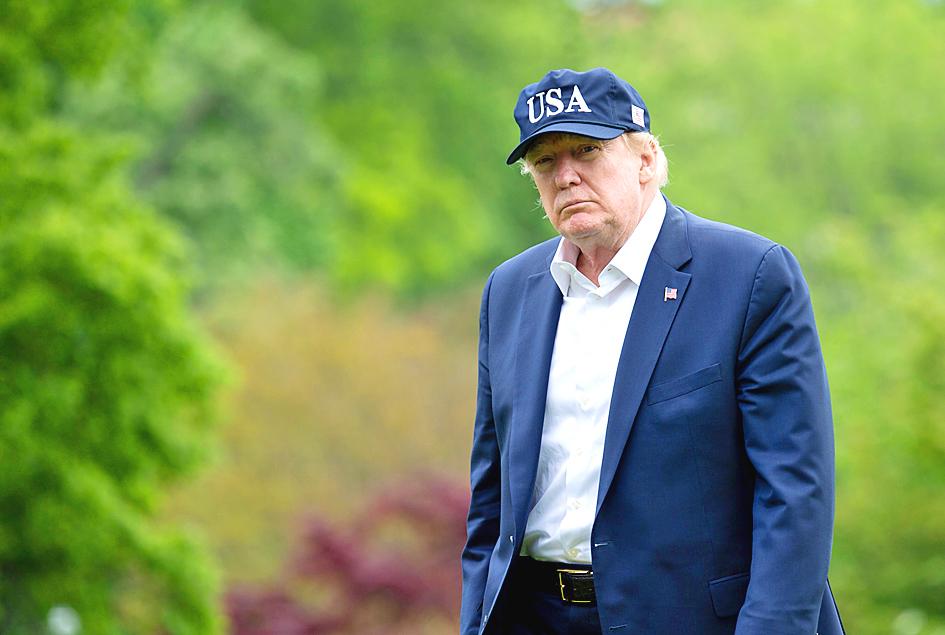US President Donald Trump’s administration is “turbocharging” an initiative to remove global industrial supply chains from China as it weighs new tariffs to punish Beijing for its handling of the coronavirus outbreak, according to officials familiar with US planning.
Economic destruction and the US’ massive COVID-19 death toll are driving a government-wide push to move US production and supply chain dependency away from China, even if it goes to other more friendly nations instead, current and former senior US administration officials said.
“We’ve been working on [reducing the reliance of our supply chains in China] over the last few years but we are now turbocharging that initiative,” US Undersecretary for Economic Growth, Energy and the Environment Keith Krach at the Department of State said.
“I think it is essential to understand where the critical areas are and where critical bottlenecks exist,” Krach said, adding that the matter was key to US security and one the government could announce new action on soon.
The US Department of Commerce, the State Department and other agencies are looking for ways to push companies to move both sourcing and manufacturing out of China.
Tax incentives and potential reshoring subsidies are among measures being considered to spur changes, the current and former officials said.
“There is a whole of government push on this,” one said.
Agencies are probing which manufacturing should be deemed “essential” and how to produce these goods outside of China.
Other ways to punish China besides additional tariffs include sanctions on officials or companies, and closer relations with Taiwan.
The US is pushing to create an alliance of “trusted partners” dubbed the “Economic Prosperity Network,” one official said.
It would include companies and civil society groups operating under the same set of standards on everything from digital business, energy and infrastructure to research, trade, education and commerce, he said.
“Diversification and some redundancy in supply chains will make sense given the level of risk that the pandemic has uncovered,” US-China Business Council spokesman Doug Barry said. “But we don’t see a wholesale rush for the exits by companies doing business in China.”
CICIR REPORT
Meanwhile, an internal Chinese report warned that Beijing faces a rising wave of hostility in the wake of the pandemic outbreak that could tip relations with the US into confrontation, people familiar with the paper told Reuters.
The report, presented early last month by the Chinese Ministry of State Security to top Beijing leaders, including Chinese President Xi Jinping (習近平), concluded that global anti-China sentiment is at its highest since the 1989 Tiananmen Square crackdown, the sources said.
As a result, Beijing faces a wave of anti-China sentiment led by the US in the aftermath of the pandemic and needs to be prepared in a worst-case scenario for armed confrontation between the two global powers, according to people familiar with the report’s content, who declined to be identified given the sensitivity of the matter.
The report was drawn up by the China Institutes of Contemporary International Relations (CICIR), a think tank affiliated with the Chinese Ministry of State Security.
Reuters has not seen the briefing paper, but it was described by people who had direct knowledge of its findings.
Reuters could not determine to what extent the stark assessment described in the paper reflects positions held by China’s state leaders, and to what extent, if at all, it would influence policy, but the presentation of the report shows how seriously Beijing takes the threat of a building backlash that could threaten what China sees as its strategic investments overseas and its view of its security standing.
The report described to Reuters warned that anti-China sentiment sparked by the coronavirus could fuel resistance to China’s Belt and Road infrastructure investment projects, and that Washington could step up financial and military support for regional allies, making the security situation in Asia more volatile.
Source: Taipei Times - 2020/05/05





















